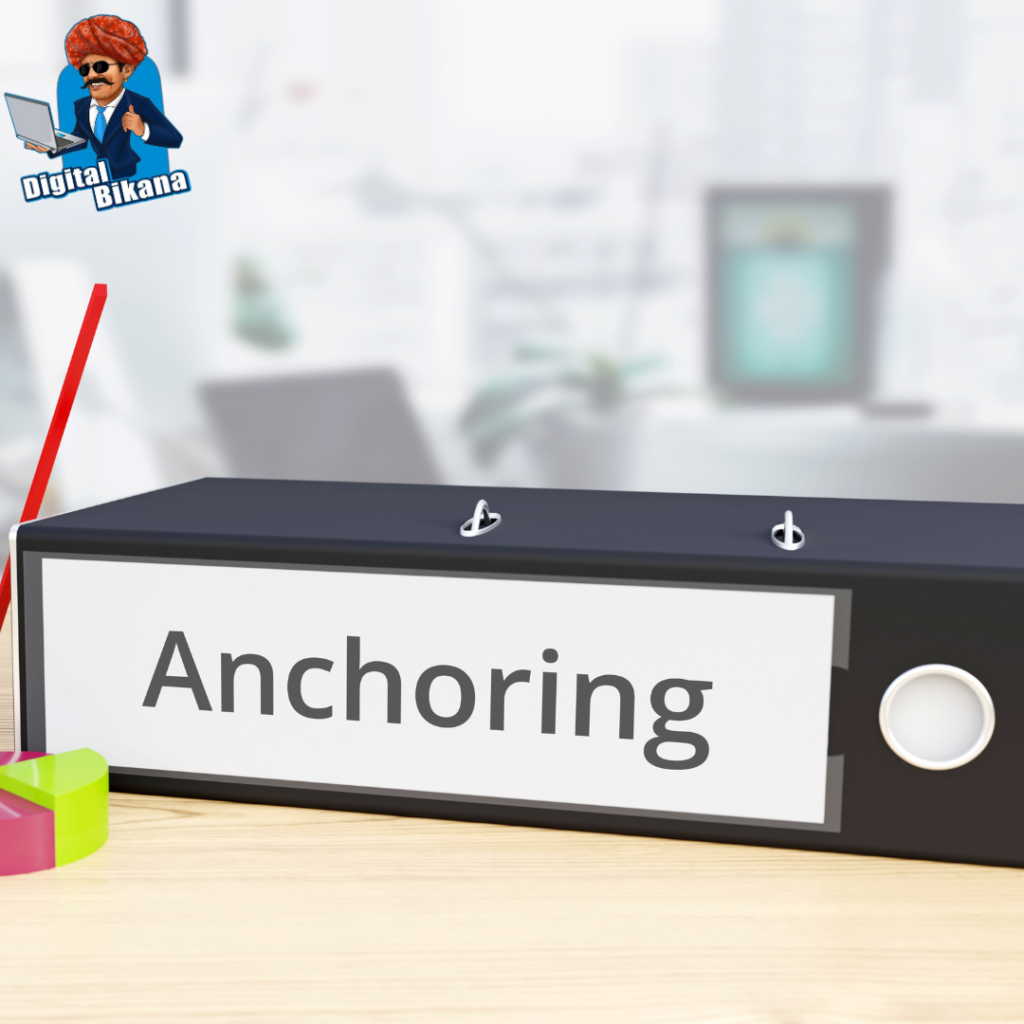How to Optimize your Website for Google’s RankBrain Algorithm?
In this article we are going to talk about How to optimize your website for google’s rankbrain algorithm. In the ever-changing world of SEO, staying ahead of algorithm updates is important. Google’s RankBrain algorithm, a machine learning-based system, plays a significant role in determining search rankings. Understanding how to optimize your website for RankBrain can greatly impact your organic visibility and attract more targeted traffic.
How to Optimize your Website for Google’s RankBrain Algorithm?
In this comprehensive guide, we will explore the key principles and strategies for optimizing your website for Google’s RankBrain algorithm.
1. Understand RankBrain and its Significance
RankBrain is a part of Google’s search algorithm that helps interpret and understand user queries better. It uses artificial intelligence and machine learning techniques to process and analyze search queries to deliver more relevant search results. RankBrain focuses on user intent, context, and the meaning behind queries, rather than relying solely on exact keyword matching.
By optimizing your website for RankBrain, you can align your content and user experience with Google’s evolving search landscape, resulting in improved rankings and visibility.
2. Create High-Quality and Relevant Content
Content remains a crucial factor in optimizing for RankBrain. Focus on creating high-quality, comprehensive, and relevant content that addresses user intent. Consider the following aspects:

a) User-Focused Content
Craft content that satisfies user needs and provides valuable information. Understand the intent behind search queries and create content that meets those needs effectively.
b) Comprehensive and In-Depth Information
Provide detailed and comprehensive information that covers a topic comprehensively. Address related questions and provide in-depth insights to establish authority and relevance.
c) Structured Data Markup
Implement structured data markup to provide additional context to search engines. This helps search engines better understand and display relevant information from your content in search results.
Read Also: What is the Role of Schema Markup in Seo?
d) Engaging Multimedia
Incorporate engaging multimedia elements such as images, videos, and infographics to enhance the user experience and make your content more appealing.
3. Optimize for User Signals
RankBrain emphasizes user signals as a crucial ranking factor. Optimizing for user signals helps improve engagement metrics and signals to Google that your website is providing a positive user experience. Consider the following:
a) Click-Through Rate (CTR)
Craft compelling meta titles and descriptions to attract clicks in search results. Optimize your snippet to entice users to click on your link, as a higher CTR indicates relevance to the user’s query.
b) Dwell Time and Bounce Rate
Dwell time refers to the amount of time users spend on your website after clicking through from search results. Ensure your content is engaging and relevant to keep users on your site longer. Additionally, focus on reducing bounce rates by providing valuable content and clear navigation.
c) Mobile Optimization
With the majority of searches now occurring on mobile devices, ensure your website is mobile-friendly. Responsive design, fast page load speeds, and intuitive mobile navigation contribute to a positive user experience.
Read Also: What is the Importance of Mobile Optimization for SEO?
4. Implement Semantic SEO Strategies
Semantic SEO revolves around comprehending the significance and context behind search queries. By implementing semantic SEO strategies, you can optimize your website for RankBrain and improve search visibility. Consider the following approaches:

a) Keyword Research
Utilize tools such as Google Keyword Planner, SEMrush, or Moz to discover relevant keywords. Utilize tools such as Google Keyword Planner, SEMrush, or Moz to discover relevant keywords.
b) Topic Clusters
Organize your content into topic clusters that cover a broad topic comprehensively. Create pillar content that serves as a comprehensive guide and link related subtopics to it.
c) Latent Semantic Indexing (LSI)
Incorporate related terms and synonyms within your content to provide a more holistic understanding of the topic. LSI keywords help search engines grasp the context and relevancy of your content.
Read Also: How to Optimize your Website for Long Tail Keywords?
d) Natural Language Processing (NLP)
Optimize your content for natural language patterns and conversational queries. Focus on providing answers to commonly asked questions and structuring your content in a conversational manner.
5. Enhance Website Speed and User Experience
Website speed and user experience are crucial factors for RankBrain optimization. A fast-loading website and seamless user experience contribute to higher engagement and better rankings. Consider the following optimizations:
a) Page Speed
Optimize your website’s performance by minifying code, compressing images, and leveraging browser caching techniques. You can leverage tools like Google PageSpeed Insights to pinpoint areas for improvement on your website.
Read Also: What is the Importance of Site Speed in SEO?
b) User-Friendly Design
Ensure your website has an intuitive navigation structure, clear call-to-action buttons, and easy-to-read content. A user-friendly design enhances the overall user experience and keeps visitors engaged.
c) Mobile Responsiveness
As mentioned earlier, optimize your website for mobile devices to cater to the growing mobile user base. Use responsive design to provide a consistent experience across different screen sizes.
You can also checkout this digital marketing institute to learn digital marketing course by enrolling in our course Or Contact Digital Bikana on +91-8949483728
Conclusion:
Optimizing your website for Google’s RankBrain algorithm is essential to stay competitive in today’s SEO landscape. By understanding the significance of RankBrain and implementing the strategies outlined in this comprehensive guide, you can improve your website’s visibility, attract targeted traffic, and deliver a positive user experience. Continuously monitor and adapt your optimization efforts as search algorithms evolve to ensure long-term success in organic search rankings. Stay proactive, experiment with different techniques, and focus on delivering valuable and relevant content to maximize your website’s potential in the RankBrain era. So, Now I hope you have understood about How to Optimize your Website for Google’s RankBrain Algorithm?

